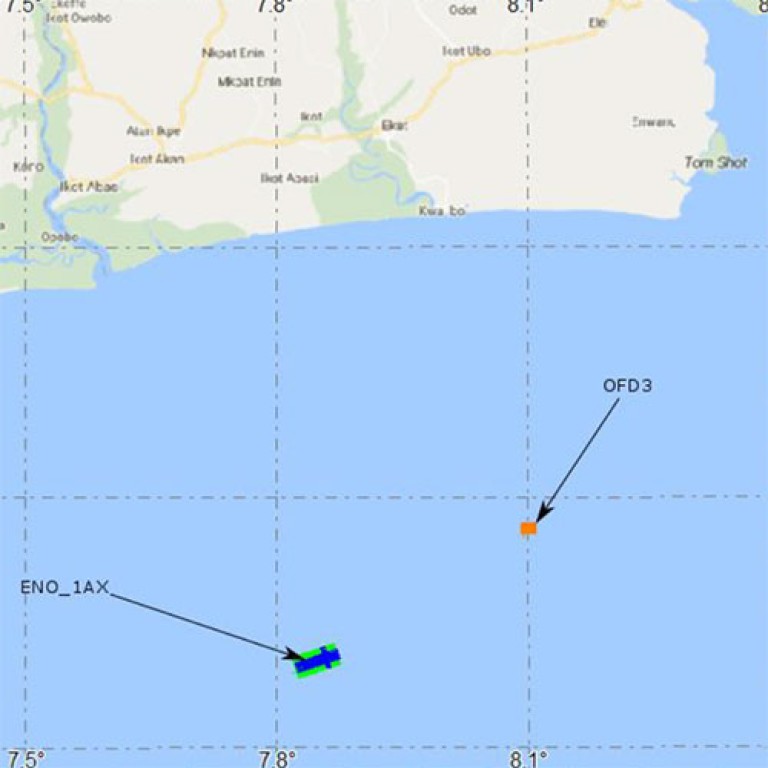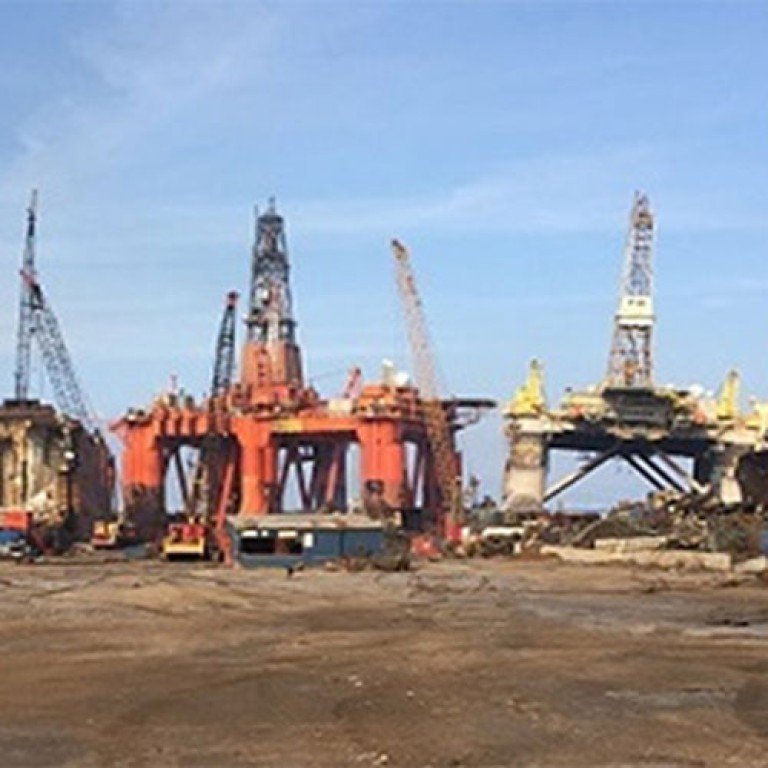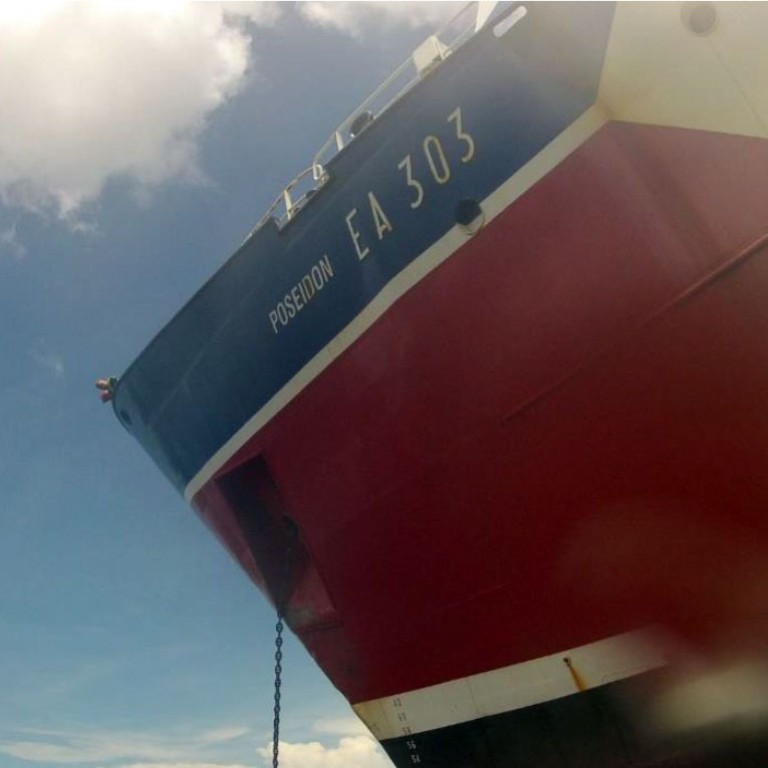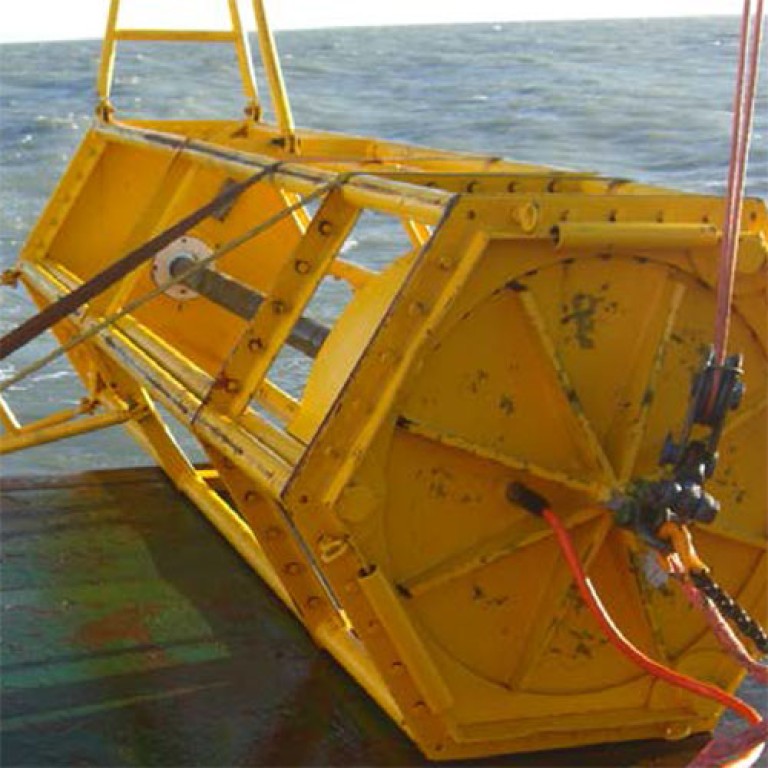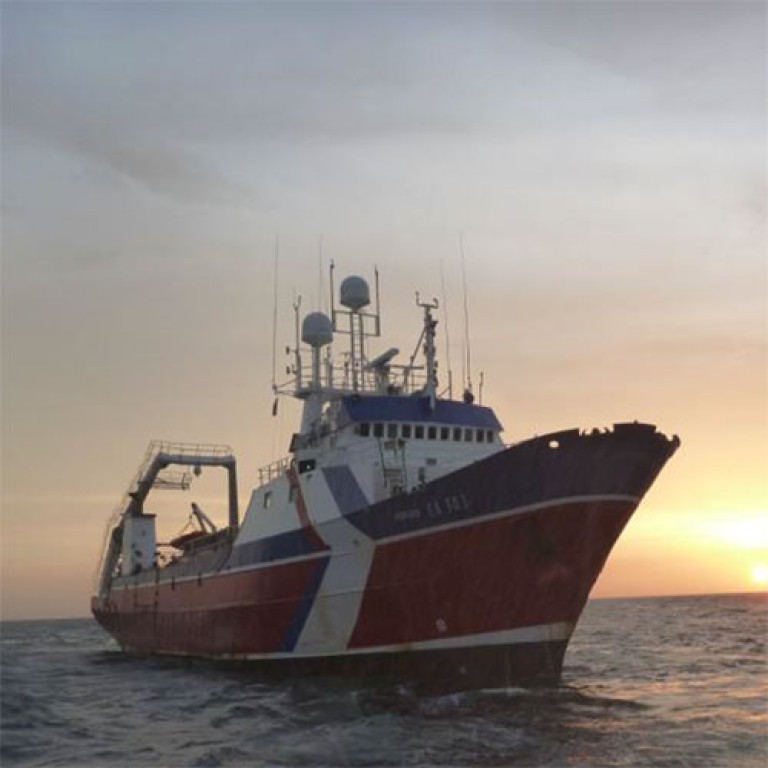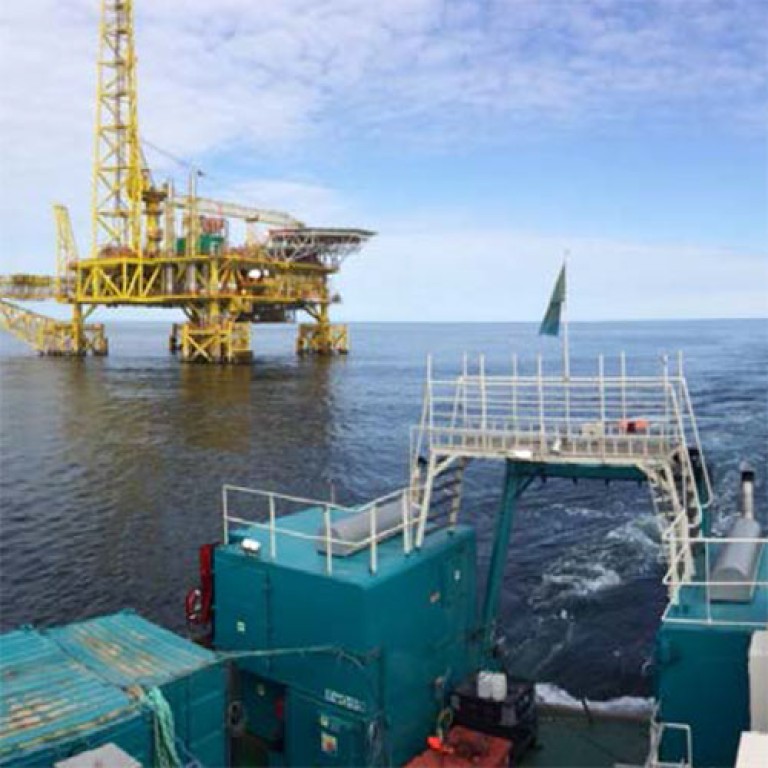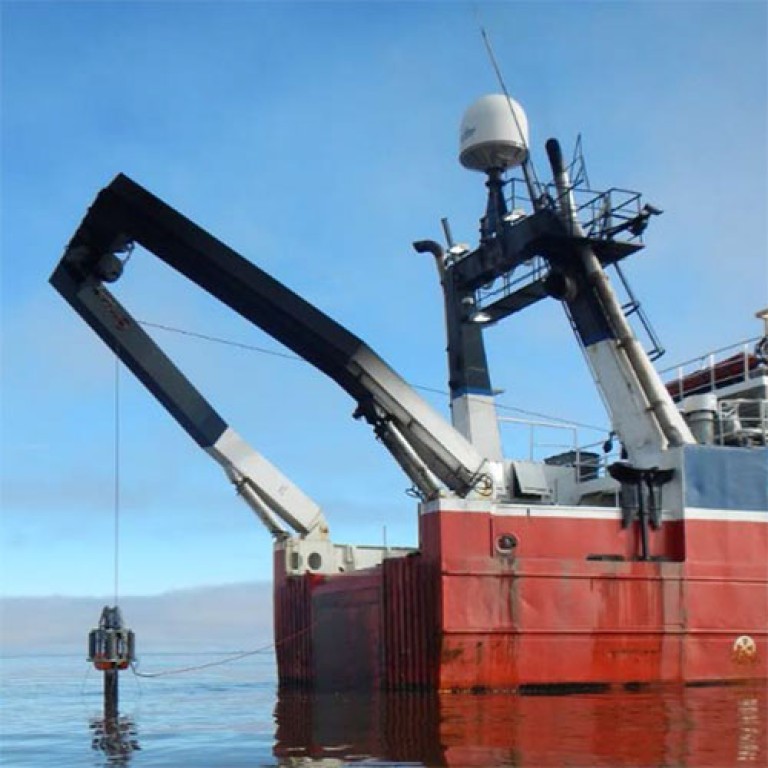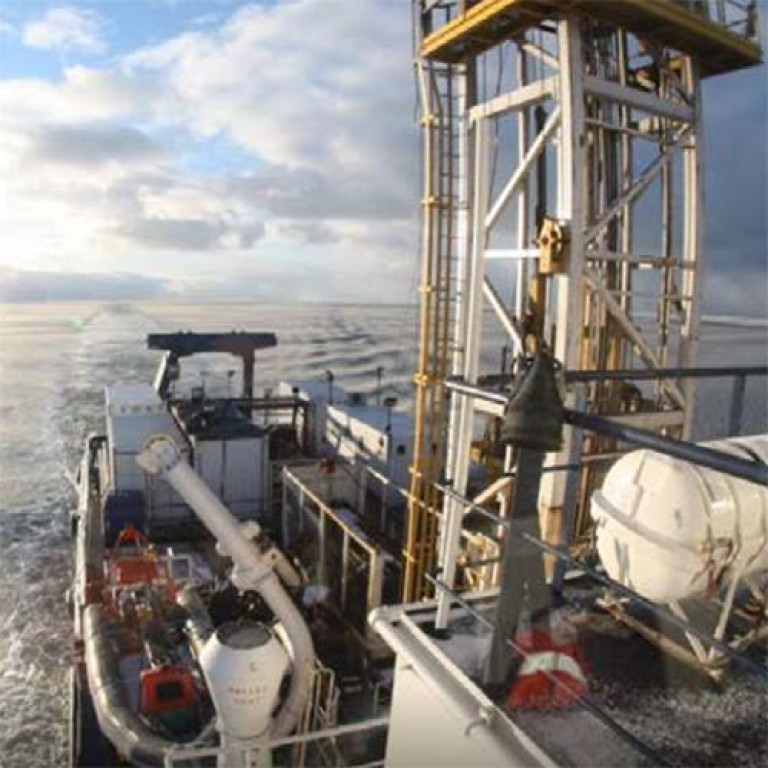Enviros was contracted by Petronas to perform a pipeline route survey (from shore to existing platform) comprising seabed sampling and seabed in situ testing offshore Turkmenistan; where water depths ranged from <10m to 65m. The geotechnical scope of work comprised vibrocore sampling techniques to recover seabed samples appropriate for offshore classification and additional onshore laboratory testing at thrity locations approximately 2km apart. Seabed in situ testing was performed at thirty locations to complement the vibrocores performed. The recovered soil sample data was integrated with the pipeline route geophysical survey data comprising multi-beam echo-sounder, pinger sub-bottom profiler, side scan sonar and magnetometer.
Recovered samples were logged and described in the offshore soil laboratory. Samples were sealed into sub-samples to retain the in situ properties of the recovered soils for onshore laboratory testing. A ‘Field’ report was issued on completion of all offshore operations and a ‘Laboratory and In Situ Testing’ report issued on completion of all scheduled onshore laboratory testing.
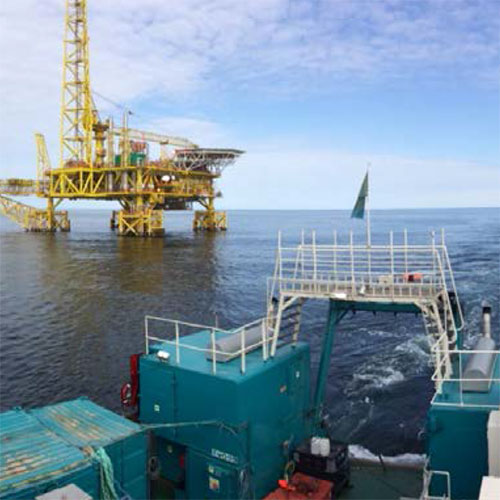
Project Organisation
Enviros were responsible for performance of all pre-mobilisation, mobilisation, fieldwork, demobilisation and associated data processing, interpretation and reporting. A senior Enviros Project Manager with >15 years relevant offshore site survey / investigation experience was appointed on contract award and responsible for each project phase and Client liaisons throughout. The Enviros Project Manager was appointed an experienced Enviros Offshore Project Manager for all fieldwork operations.
The Project Manager had the role of managing day-to-day issues relating to the project, based onshore in the Enviros head office based in United Kingdom. The Offshore Project Manager was responsible to ensuring that the project is completed in accordance with Enviros procedures and to Client specifications. Responsibilities include, but not limited to being the immediate point of contact for any Offshore Client Representatives, ensuring project QHSSE procedures are adhered to during all offshore operations; this is to include mobilisation, field calibrations and checks, project tasks, post project calibration checks and demobilisation; and the production or approval of all necessary field reporting.
